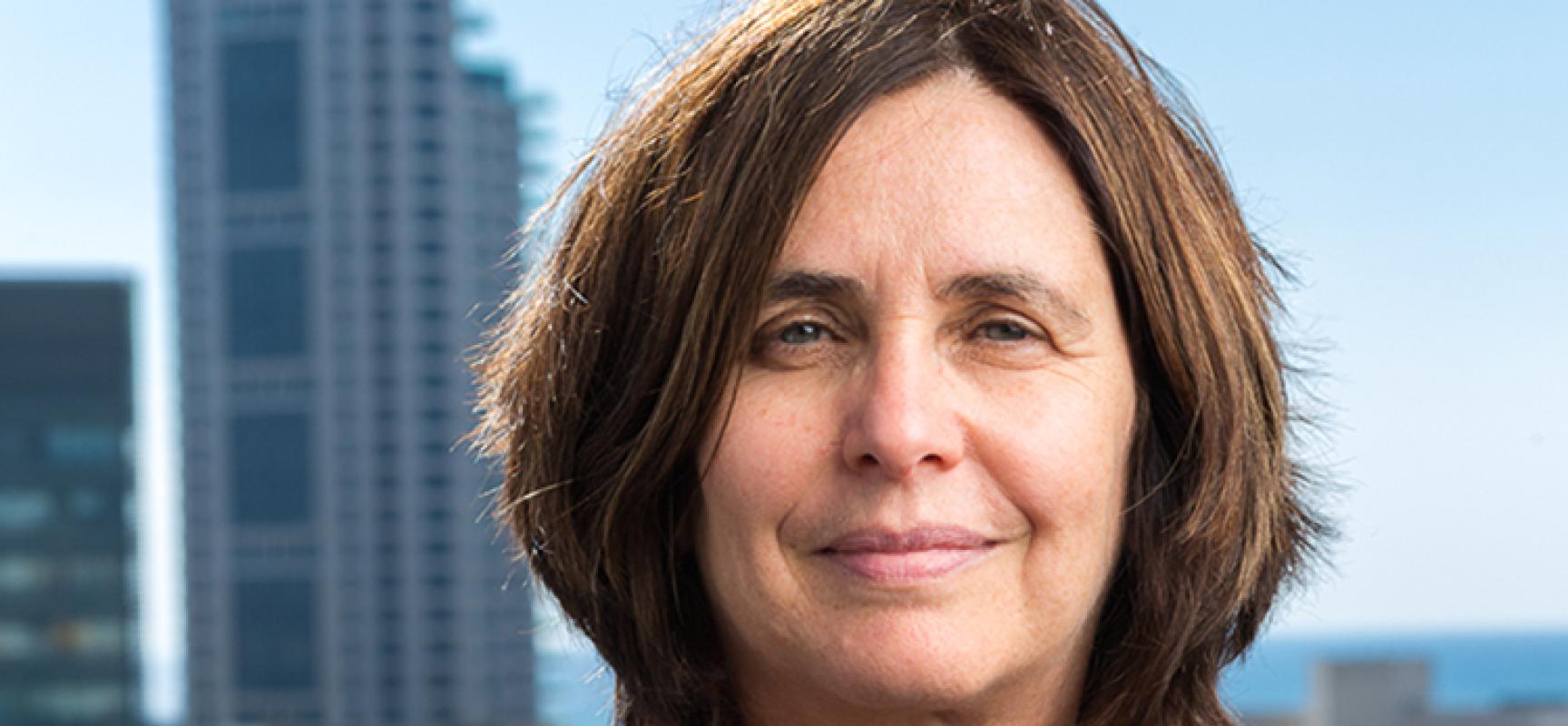Letter from the Director, Summer 2022

Dear friends,
Greetings from Calvin Lab, where we celebrated our 10-year anniversary with the busiest summer since we first opened our doors. Making up for time lost earlier in the pandemic, we hosted a summer research program on Computational Innovation and Data-Driven Biology, and no fewer than five summer clusters (including two extended program reunions) — on Deep Learning Theory, Lattices and Beyond, Interpretable Machine Learning, AI and Humanity, and The Quantum Wave in Computing. And this came on the heels of one of the busiest academic years in the Simons Institute’s history: in our fall and spring research programs for 2021–22, we hosted 344 long-term visitors in person and online.
We rang in a new decade at the Simons Institute with a 10th Anniversary Symposium. This three-day event brought together the worldwide theoretical computer science community for a grand reunion, celebration, and scientific symposium of exceptional breadth and insight. The program of talks featured leaders in the field and highlighted key results in the theory of computing from the last 10 years, as well as research directions for the decade to come. Prasad Raghavendra shares some of his favorite moments of the symposium in this issue of the newsletter. And in our SimonsTV corner this month, we are featuring symposium talks by Jon Kleinberg, Rachel Lin, Thomas Vidick, and Tim Roughgarden.
As we shared earlier this month, we’re delighted to be kicking off our new decade with Sandy Irani as our new associate director. I sat down with her to discuss her work and vision for the years to come. I hope you’ll enjoy our conversation in this special episode of our Polylogues web series.
This summer, UC Berkeley theory graduate student Chinmay Nirkhe, along with collaborators Anurag Anshu (Harvard) and Nikolas Breuckmann (University College London), proved the no low-energy trivial state (NLTS) conjecture. We share here Chinmay’s blog post on this exciting result.
At the Institute this fall, we’re running programs on Graph Limits and Processes on Networks: From Epidemics to Misinformation and Data-Driven Decision Processes. The latter program brings together researchers ranging across CS theory, machine learning, operations research, stochastic control, and economics who all have tackled the challenge of decision-making under uncertainty, with the aim of unifying different approaches taken in these fields, and laying out a common agenda for future research in data-driven decision-making. The former program will facilitate fundamental and interdisciplinary research on networks from many angles, including succinct representations, property estimation, and the spread of information, with particular focus on epidemics and interventional policies to combat their spread.
The final day of last week’s Data-Driven Decision Processes Boot Camp was devoted to talks in honor of late UC Berkeley mathematics professor David Harold Blackwell, an important early contributor to research in this area. Blackwell’s seminal work in the fields of statistics, economics, probability theory, and information theory earned him distinction as the first African American elected to the National Academy of Sciences. The Simons Institute was also honored to host the final week of the David Harold Blackwell Summer Research Institute this past July. Established in his honor in 2020 with the aim of increasing the participation of African American students in PhD programs in the mathematical sciences, this six-week program is led by Simons Institute Senior Advisor Jelani Nelson, in collaboration with Todd Coleman (Stanford Bioengineering) and Wilfrid Gangbo (UCLA Math).
Wishing you a joyous fall,
Shafi
Shafi Goldwasser
Director, Simons Institute for the Theory of Computing


